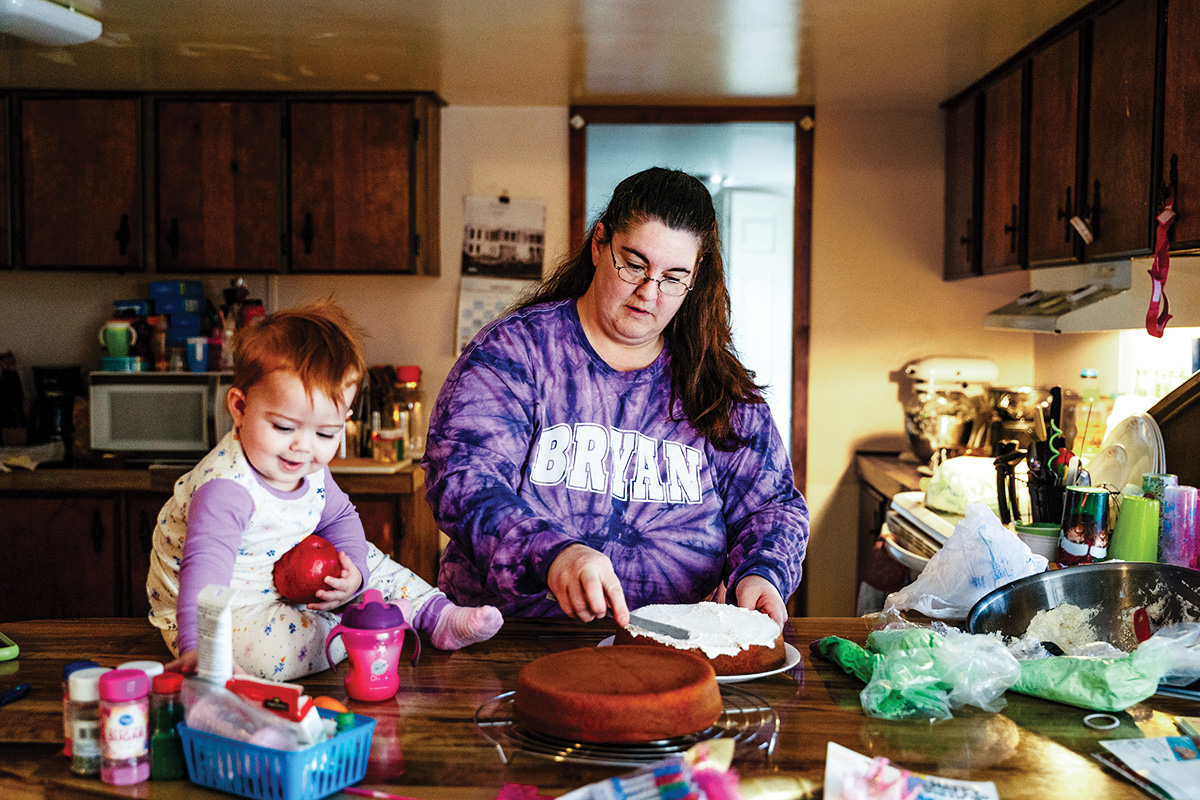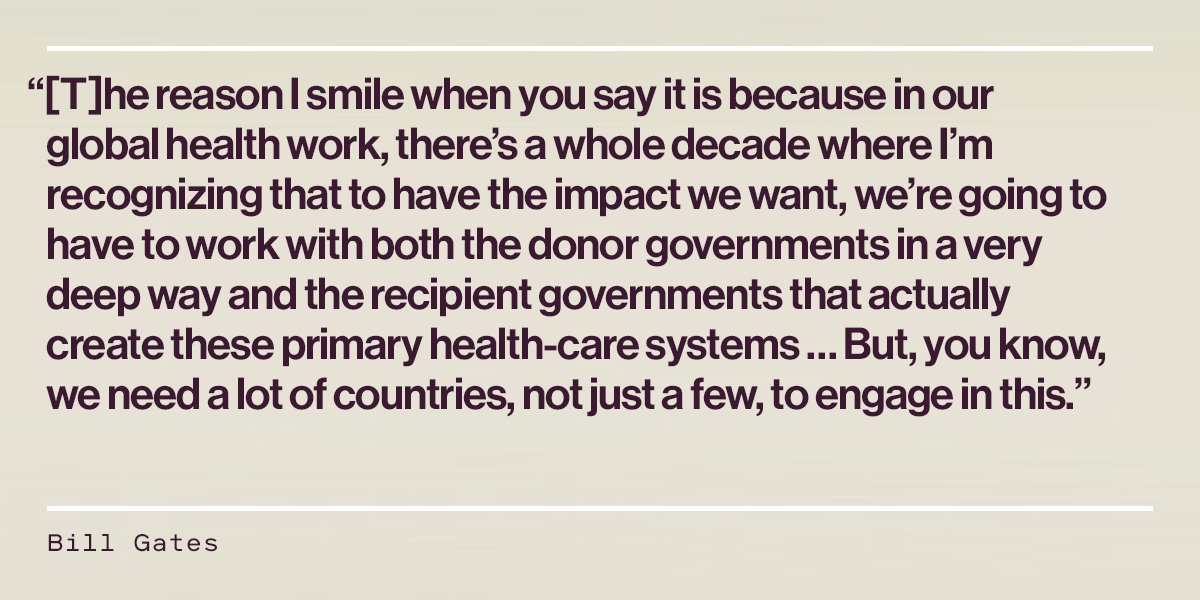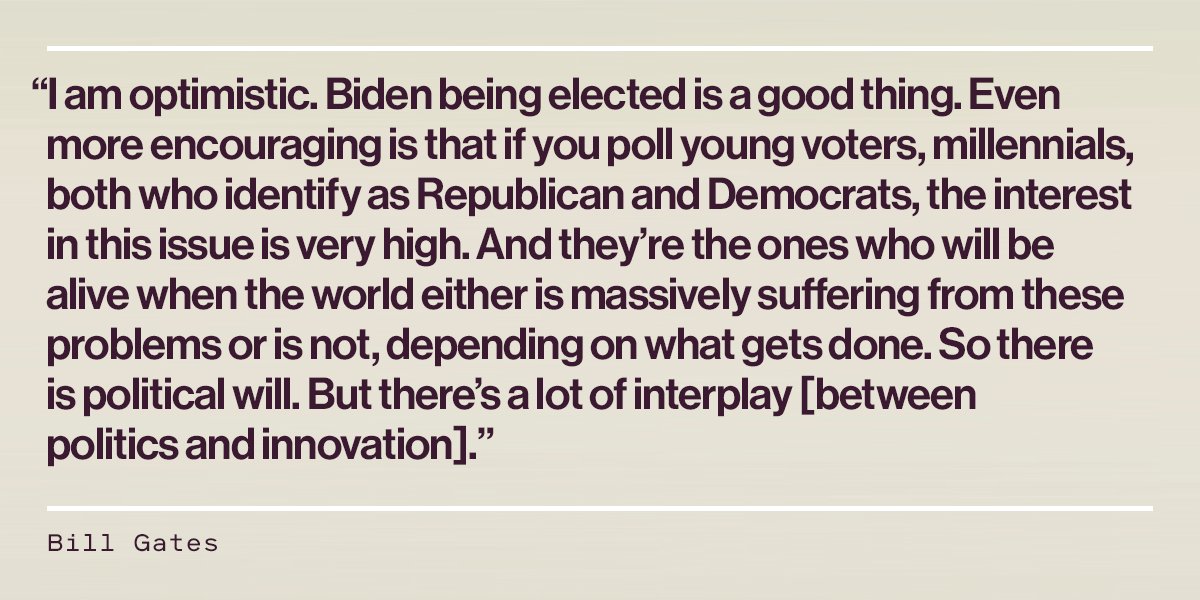
This is a thread about how Australia has become the battleground for a power struggle between governments and Big Tech, as explained in today’s Download newsletter. mailchi.mp/technologyrevi…
Australians woke up on Thursday to Facebook timelines devoid of any news.
Faced with the option of either paying to link back to publishers to comply with an incoming Australian law, or entirely pulling the plug on hosting news, it chose the latter.
As it stands, Facebook users in Australia can't use the platform to see or share content from any news outlets anywhere in the world, and no one can post links to Australian publishers, wherever they are.
Users say government websites like fire services and meteorology departments have been caught up in the ban too, most likely due to issues with the machine learning
system Facebook uses to enforce it.
theguardian.com/technology/202…
facebook.com/business/help/…
system Facebook uses to enforce it.
theguardian.com/technology/202…
facebook.com/business/help/…
Users and officials in Australia reacted furiously, with the country's prime minister, @ScottMorrisonMP, describing Facebook's actions "as arrogant as they were disappointing" and insisting "we will not be intimidated by Big Tech." facebook.com/scottmorrison4…
Why? Lawmakers are in the final stages of passing a proposed new Media Bargaining law. The law would require the tech platforms to have to pay publishers to host their content. If they couldn’t agree a price, Australia would create an arbitration panel which would set one.
Google has taken the opposite approach to Facebook, and has cut numerous deals with publishers in Australia, including @newscorpaus, to ensure it can comply with the law if it passes, and continue linking to their services. apnews.com/article/austra…
What's next? Australia has essentially become the latest battleground for the years-long fight between governments, publishers, and Big Tech.
Facebook's move is a big, ugly power flex, but Australia's law seems pretty crude and unattractive too. about.fb.com/news/2021/02/c…
Facebook’s move doesn't require publishers to plough any of the money they receive into journalists' salaries or original reporting, and could help to further entrench Australia's already highly concentrated media market.
In short, the current situation is unsustainable and undesirable for everyone.
Australia’s Treasurer @JoshFrydenberg is in talks with Facebook's CEO Mark Zuckerberg, and the pressure is on for them to come up with a better solution.
(1/2) Here's some additional reading via @platformer and @CaseyNewton: platformer.news/p/australias-b…
(2/2) As well as the @nytimes: nytimes.com/2021/02/17/bus…
This analysis was originally written by @charlottejee for The Download newsletter, your daily dose of what’s up in emerging technology. You can read today’s edition here: mailchi.mp/technologyrevi…
Want to receive The Download in your inbox every weekday. SIGN UP here (it’s free): forms.technologyreview.com/newsletters
• • •
Missing some Tweet in this thread? You can try to
force a refresh






